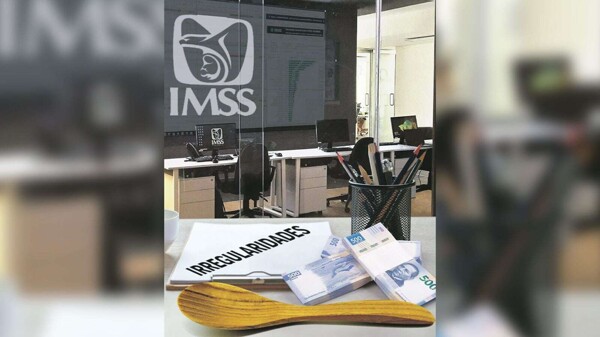
In the pursuit of beauty and health, it is important to keep in mind that true changes require time and effort. Alarming statistics invite reflection: more than 1,500 women each year report serious complications from unregulated procedures. Furthermore, 1 in 4 women who choose non-supervised reductive massages experience subsequent health problems, such as infections or muscle injuries.
Authentic beauty truly comes from health care, so it is advisable to avoid exposing oneself to risky procedures that could compromise it. Instead, it is recommended to opt for healthy and safe alternatives, such as undergoing procedures in accredited places and by professionals with medical credentials. When these treatments are performed by untrained individuals, the consequences can range from skin infections to muscle injuries.
According to a report from the International Spa Association, 20% of poorly performed treatments can lead to severe complications. Additionally, 10% of women subjected to poorly practiced massages can develop fibrosis, resulting in chronic pain and loss of mobility in the affected area.
The risks stemming from poorly performed procedures include everything from severe allergic reactions to deep vein thrombosis. Unapproved substances, such as biopolymers, can trigger severe immune responses, while incorrect application of pressure in reductive massages can lead to dangerous blood clots.
In the world of aesthetic treatments without medical supervision and "miraculous" massages, health risks, including serious diseases, are alarming. It is essential to be critical of "miraculous results" and to opt for consulting certified specialists. Fibrosis and necrosis are just some of the complications that can arise from poorly performed invasive treatments.
To maintain a healthy body and avoid unnecessary risks, it is crucial to adopt healthy habits, such as a balanced diet, regular exercise, and adequate rest. Loving and taking care of oneself is the foundation for a full and healthy life, and reflecting before opting for quick solutions that may compromise well-being is key.














